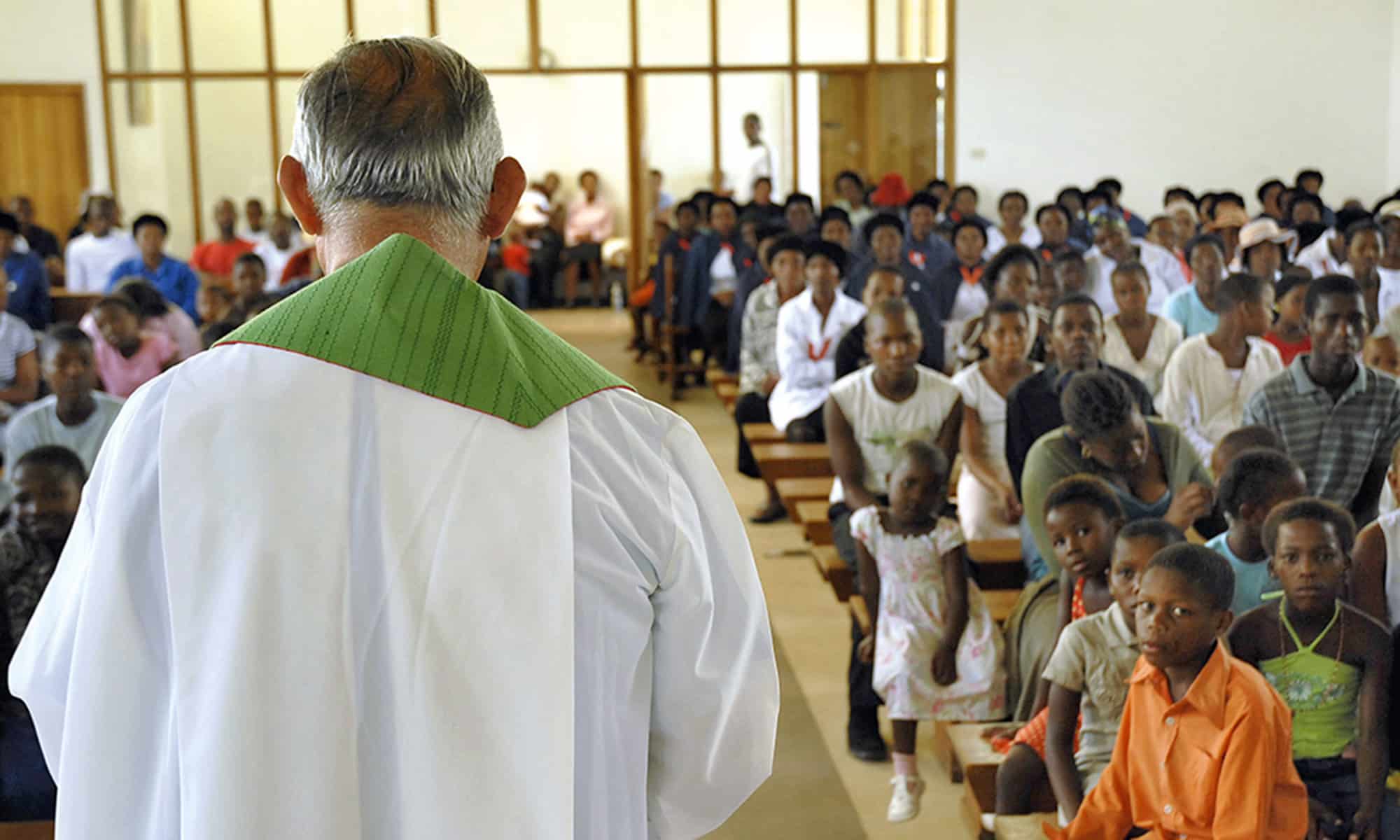I was born on the slopes of Kilimanjaro, where we have a very strong sense of togetherness. However, we had a neighbour who never laughed. Sometimes he would beat up his children and wife. He was quite rude and we didn't like him. Neighbours nicknamed him "Mkoloni", the Swahili word for colonialist. That was the first time I heard of this term. As a child, I knew that this term must have something bad or evil about it.
Then school life began in the early 1980s. At that time, I heard more about colonialism from my teachers. You can imagine what our then socialist government taught us about Europe and its involvement in Africa. We read about what the Belgians were doing in the Congo, the British in Kenya, the Germans in Namibia and of course in German East Africa, now Tanzania. The story was almost always the same: foreigners interfering with the traditional way of life of the Africans, forced labour, theft of raw materials or cultural assets, brutality, amputations, killings and, and, and ...
A look back with a historical perspective
Events take place in specific historical contexts. The early life of the Benedictine mission in German East Africa towards the end of the 19th century began almost simultaneously with the introduction of German colonialism in our country. The Benedictine missionaries began their work at the time when the Berlin Conference (1884-1885) had approved the acquisition of colonies. It was a historical framework over which the Benedictines had no influence. From today's perspective, the colonisers and the missionaries were certainly different groups - each with their own agenda. At the time, however, this distinction was not clear to our people.
The famous South African Archbishop Tutu once said: "When the missionaries came to Africa, they had the Bible and we had the land. Now we have the Bible and they have the land." The Kenyan poet and writer Ngũgĩ wa Thiong'o agrees with Tutu when he writes: "The missionaries told us to close our eyes to pray. When we opened them, our country had disappeared." The murder of Bishop Cassian Spieß and other Benedictine missionaries in Tanzania is also proof of this. The murderers also regarded missionaries as whites who had come to take their land. It was not so easy to make a distinction. Looking back now, the situation is clearer. Now we know who were the bad guys and who were the good guys: Colonialism has ended, mission continues ...
Were missionaries agents of colonialism in Africa?
This is a provocative question. The answer depends on the person who asks it. If this question is directed at Andreas Amrhein and his first group of missionaries, the answer will definitely be negative. On the other hand, if one were to argue that the Benedictine missionaries in Tanganyika were implementing a colonial agenda of their home countries, I would call this argument absurd.
An African with moderate views - like me - would answer the question with the ambiguous German answer YES.
Why yes?
1. missionaries divided: Before the missionaries came, our people had no theological dispute among themselves. The missionaries divided our societies into Catholic and Protestant areas and thus separated the tribes. My Chagga tribe on Kilimanjaro is a good example of this - to this day.
The missionaries divided the societies into pagans and Christians. The Africans began to doubt their traditional values that they had cherished for centuries. This also led to a division in their hearts as they tried to adopt the new Christian values while maintaining their traditional customs. I can tell you that this damage can still be seen throughout Africa today. To this day, traditional beliefs are practised hand in hand with the Christian faith.
2. missionaries were indirect or direct agents of assimilation:
Apart from genuine evangelisation, it is undeniable that the missionaries played a decisive role in introducing Africans to "modern" European values and lifestyles. This was evident in the following points:
- Social aspect: language, style of dress, western education. All of this was adapted to the colonial way of life.
- Economic aspect: Means of production such as the introduction of cash crops like coffee in Kilimanjaro and elsewhere fitted well into the colonial economic system.
system. - Political aspect: The missionaries had to abide by the colonial political system. They worked with it and certainly did not encourage their believers to resist. Lambert Dörr writes about the efforts of Abbot Bishop Gallus Steiger, who had to ensure that his missionaries did not criticise the policies of the colonial government in any way.
In assessing these two points, I would like to conclude by saying that the division of society is certainly a negative contribution of the missionaries. Even if the assimilation aspect has its downsides, I have to say that it was Western education and the introduction of crops such as coffee that catapulted some African societies to progress and modern development.
And that brings us to our original question: were missionaries agents of colonialism? My answer is: YES.
